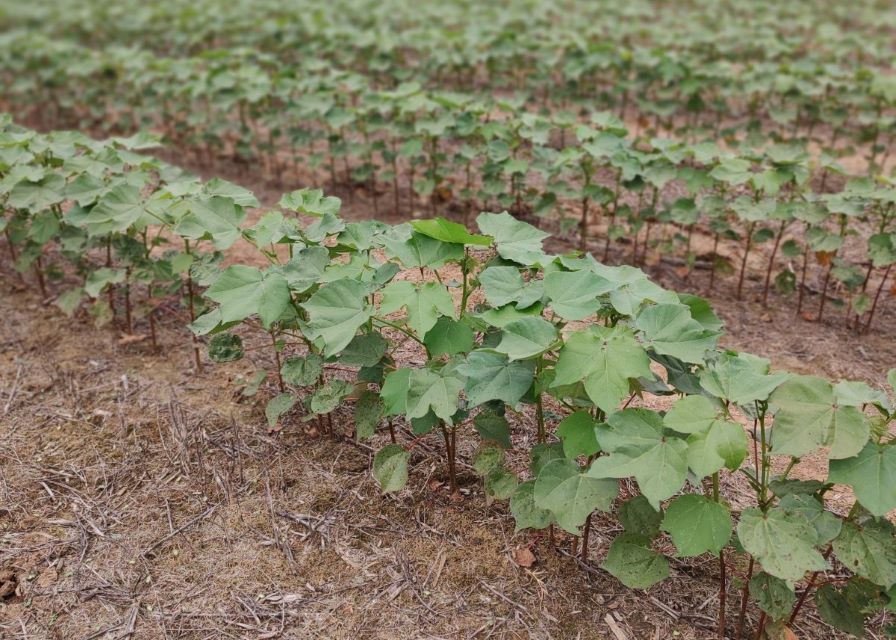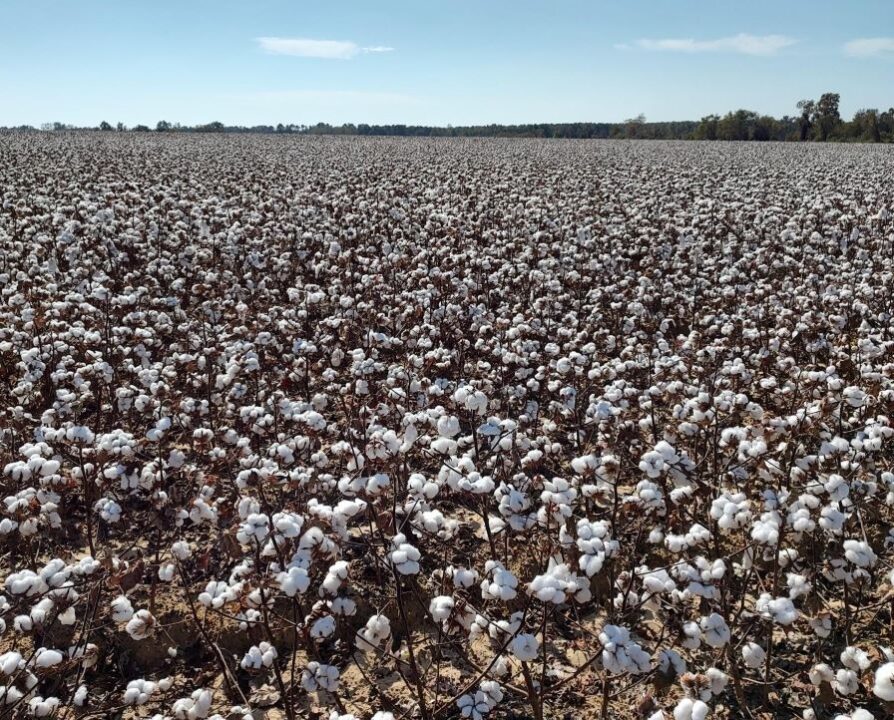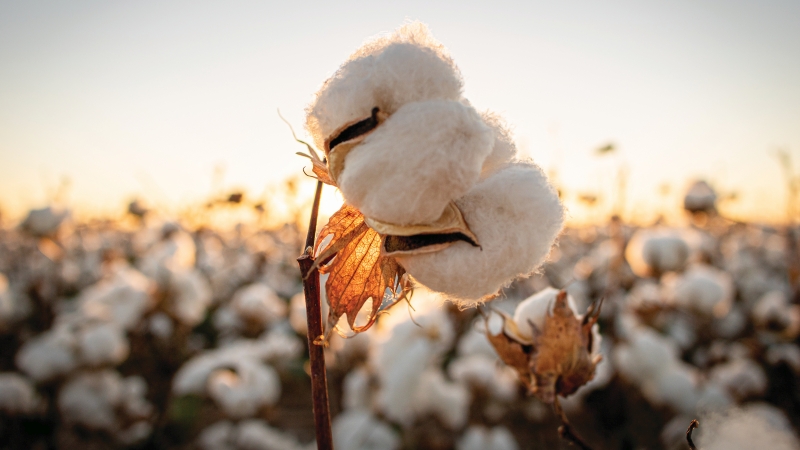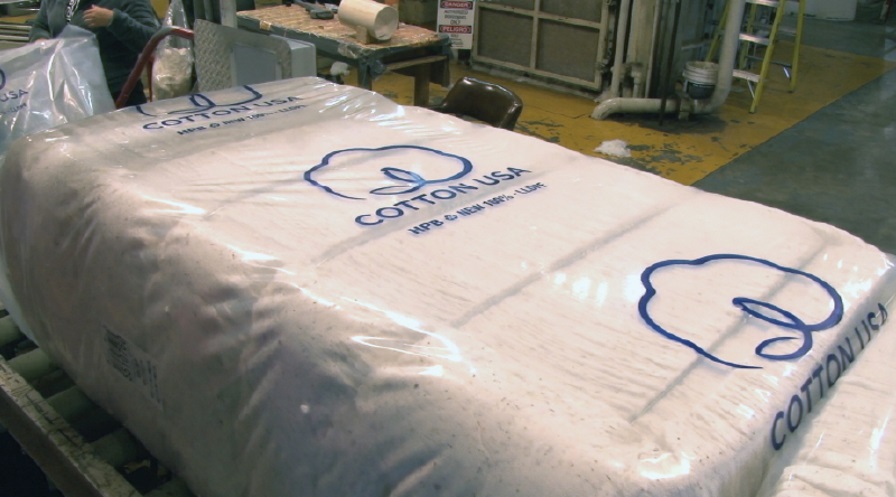Seed Crunch
Growers in the Southwest had their fill of dry conditions in 2011. A drought that began in winter ran into spring, drug on into the summer months and didn’t end until a useless rain came down during the tail-end of the harvest, serving mostly to agitate those still driving strippers through their fields.
But growers in Texas may not be the only cotton producers who are dealing with the impact of the 2011 drought. Cotton farmers across the Belt could be feeling the ramifications of this drought long after the damage to yield and fiber quality is assessed in West Texas.
Because of the high concentration of the U.S. cotton crop in West Texas, the area naturally serves as a breeding ground for seed production for all of the major seed companies in the United States. Corporations such as Monsanto, Bayer CropScience and Dow AgroSciences all rely heavily on the region to produce their major commercial varieties which are sold throughout the Cotton Belt the following year. Naturally, so do smaller, more regionalized seed companies such as All-Tex and Americot/NexGen. Representatives from each of these companies say growers have already begun asking about their ability to fill orders for popular varieties in 2012.
“That’s one of the first things growers are asking about,” says Deltapine Marketing Lead Dave Rhylander. “They’re curious about seed supply for 2012.”
Risk Management
Rhylander says Deltapine had a wary eye on weather conditions as the 2011 planting season approached. Because rain had been so scarce in the months leading up to the spring of 2011, Deltapine took the safe route by shifting large chunks of its seed production acreage into the Far West.
“Fortunately, we were staying on top of the weather patterns in Texas, and we were able to move a bunch of our production from Texas to Arizona,” Rhylander says.
While flooding in the Mid-South did impact some of Deltapine’s seed production, Rhylander says the company will be fully stocked on varieties for the 2012 season.
“We’re going to have plenty of supply in the varieties that farmers are going to need. Whether it’s varieties that fit the Texas geography or whether it’s varieties that fit elsewhere, we feel pretty good about our seed supply given the current weather conditions we’ve been through, particularly in Texas,” Rhylander says. “We shifted a bunch of seed production out there to Arizona last spring. So we’re in good shape from a seed production standpoint.”
Representatives from each seed company echoed Rhylander’s statement regarding seed supply heading into the 2012 growing season.
“We had a lot of things going on in 2011 that were fairly atypical,” says Jeff Brehmer, U.S. marketing manager for FiberMax and Stoneville. “When you look at our supply of cottonseed, we feel that we have an extremely good supply. We’ve built up a good supply of the varieties that are going to be the ones that farmers are going to want to go with in 2012.”
But while company representatives all agreed that seed supply won’t necessarily be a concern in 2012, there are still reasons to be cautious when making seed orders in the future.
Long Term Concern
As the CEO and General Manager of All-Tex, Cody Poage paid close attention to the drought’s effect on seed production in West Texas. From his office in Levelland, TX, Poage has a good understanding of how the drought could impact seed production in the region.
“We’ve lost some acres this year, but I have a good carryover supply,” he says of All-Tex seed supply. “We shouldn’t have a problem at all on seed supply in 2012. The worry that I have is not this year but the following year if we have this big drought again out here.
“By the end of February or first of March, if it hasn’t rained a considerable amount, a lot of people out here are going to go to dryland. Which means they’re not going to turn any pumps on, they’re not going to put any fertilizer down and they’re not going to put any Treflan down,” Poage says.
Poage recognizes that many seed companies, including his own, have seed production plots in other parts of the country as well. The concern, he says, is a question of simple math.
“And if they plant everything out here to dryland and it doesn’t come up, then where are we going to get seed production? There are only so many acres in Arizona and other places. I don’t know that there are enough acres to support seed production for each of the companies.”
Poage estimates that around 90% of the acreage in Arizona is devoted to producing seed. As he says, virtually all of the acres in that state are already accounted for. While there are acres available for seed production in the Delta region, Poage says that is a 50/50 proposition because of inherent risks like humidity and hurricanes. If a drought persists in Texas and conditions turn off bad in the Mid-South, Poage says seed production for the 2013 season could be in “very serious shape.”
Order Early
PhytoGen General Manager Duane Canfield says there are other reasons for growers to place their seed orders as early as possible for the 2012 season.
Like other company representatives, Canfield assures PhytoGen growers that they will have ample supply of the varieties they expect to plant in 2012. He says his company relied on acreage in Arizona, California and New Mexico for seed production in 2011.
A problem could arise, Canfield says, for growers who want a specific seed treatment if they wait too late to make their orders. Seed supply coupled with seed treatment supply could pose legit concerns, he says.
“It’s always best to select the varieties you really want as early as possible. It’s also always best to indicate what package size you want, and whether you want a seed treatment or not,” Canfield says. “That’s another big issue. With Temik not being available, a lot of people are going to be wanting Avicta treatments. They’re going to need to order those as early as possible to make sure they get that.”
“I would recommend that growers get their choice in as early as possible,” Canfield says.









